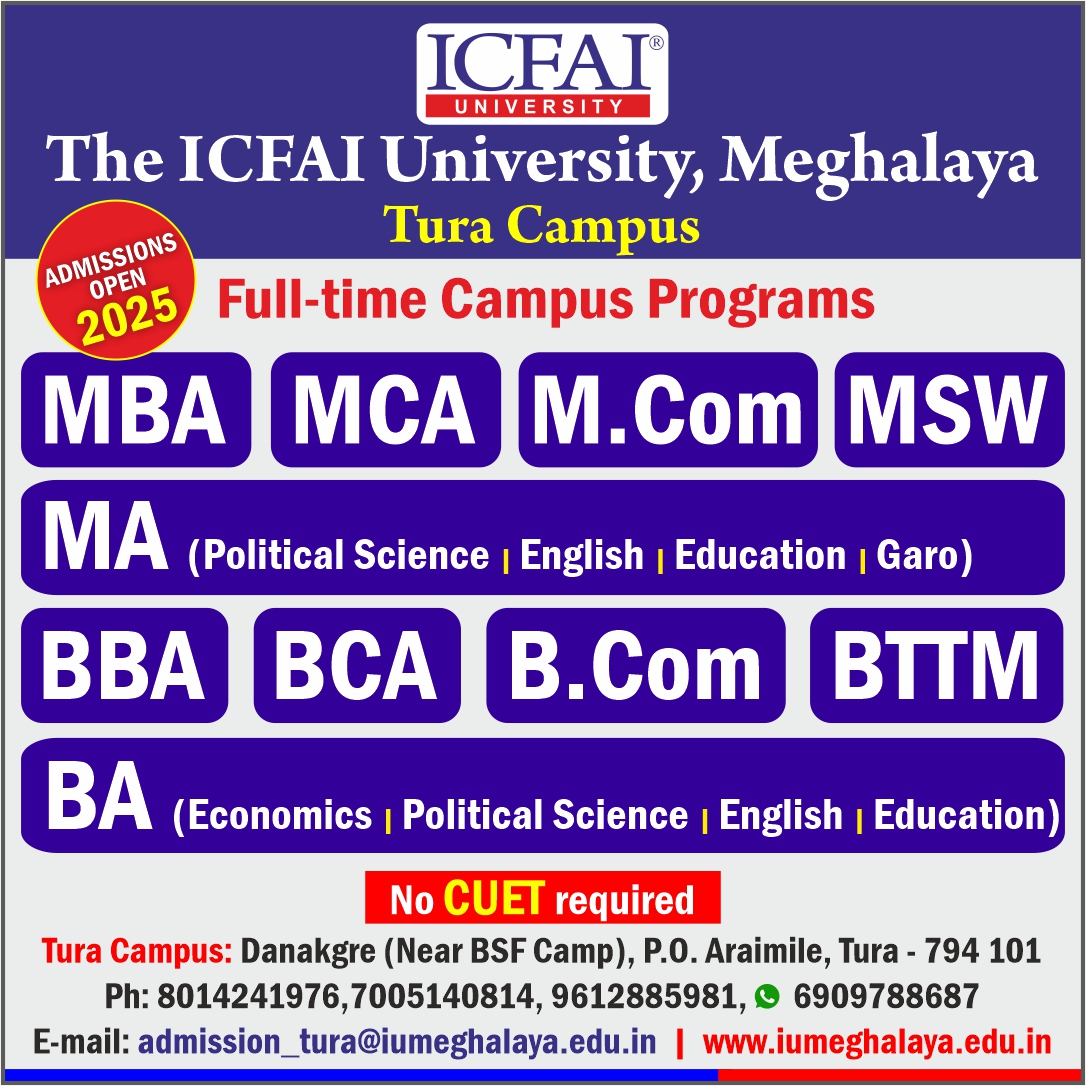The Internet and Mobile Association of India Urges the GST Status Quo to be Preserved
The Internet and Mobile Association of India (IAMAI) has issued an open letter urging the Central Government and the GST Council to preserve the status quo regarding Goods and Services Tax levy on online gaming. Currently, online gaming companies are charged 18 percent GST over their Gross Gaming Revenue (GGR) leaving the Contest Entry Fees (CEF) tax free.
IAMAI was established in 2004 as a nonprofit industry body aimed to represent digital service providers across advertising, entertainment, gaming, travel, financial, health, agriculture, logistics and other sectors.
Reportedly, the Group of Ministers (GoM) which was formed in May last year by the GST Council under the leadership of Meghalaya Chief Minister Conrad K. Sangma with the task to examine GST applicability and valuation issues for online gaming, casinos and horse racing has recommended a uniform levy at 28 percent for all gaming varieties, ranging from Andar Bahar to chess, online fantasy sports and betting on horse races.
The open letter by IAMAI highlights that raising the tax rate on online skill gaming to the highest rate slab of 28 percent designed for taxing “sinful consumption”, thus equalizing games of skill to online casino for real money gaming, gambling and betting, would contradict the letter and the spirit of rulings by the Supreme Court of India which have recognized the legitimacy of skill-based games.
The Internet and Mobile Association of India warns that applying the highest GST rate slab to online gaming would unfairly raise the tax burden to 55 percent raising the cost of participation in such games for users. Such a move would drive gamers away and force gaming operators to go underground, in the end resulting in substantial lowering of the GST revenues from the sector.
According to some media reports, the GoM proposal recommends the highest GST levy of 28 percent to become applicable to the full Gross Gaming Value (GGV), which includes the fees or margins held by gaming operators (GGR) and the collected prize pools (CEF).
IAMAI calculates that the implementation of such a recommendation would increase effective taxation by 1,100 percent and will destroy the Indian online gaming sector. The industry body also points out that the majority of jurisdictions around the world, including the US, the UK, and EU member states, tax gaming products on GGR.
As per IAMAI data, the Indian online gaming sector has collectively contributed ₹6,000 crore in GST over the last four years and projections show further ₹16,000 crore will be collected from gaming companies between 2022 and 2025. The open letter highlights that this has been made possible by the transparent and measurable payment mechanisms employed by online gaming platforms.
The Major Gaming Industry Bodies Speak in the Same Voice
An earlierly released joint statement by India’s three major gaming industry bodies, which represent an excess of 90 percent of the online gaming market in the country, expressed the same views as IAMAI on the proposed updates to GST policy.
The statement by the All India Gaming Federation (AIGF), the E-Gaming Federation (EGF), and the Federation of Indian Fantasy Sports (FIFS) called the GST regime proposal “catastrophic” and a “conflict with international best practices but also violative of the principles of GST.”
According to the gaming federations, global studies have shown that taxing contest entry fees instead of limiting the levy to the gross gaming revenue leads to a reduction of tax collection revenues and to the expansion of black market operations at the expense of legitimate operators who obey the laws and pay taxes.
AIGF, EGF and FIFS further stated that online games of skill should not be put in the same bracket as games of chance, gambling and betting as they are much different from the point of view of the law and in practice.
At its 47th meeting held in Chandigarh on June 28-29 under the chairmanship of Finance Minister Nirmala Sitharaman, the GST Council did not make a decision on GST policy recommendations for online gaming, casinos and race courses.
The Council instead directed the Conrad Sangma-led Group of Ministers to reconsider its recommendations on the basis of further input from states and submit a new report within a short term which will be examined at the next meeting of the GST Council in the first week of August.





